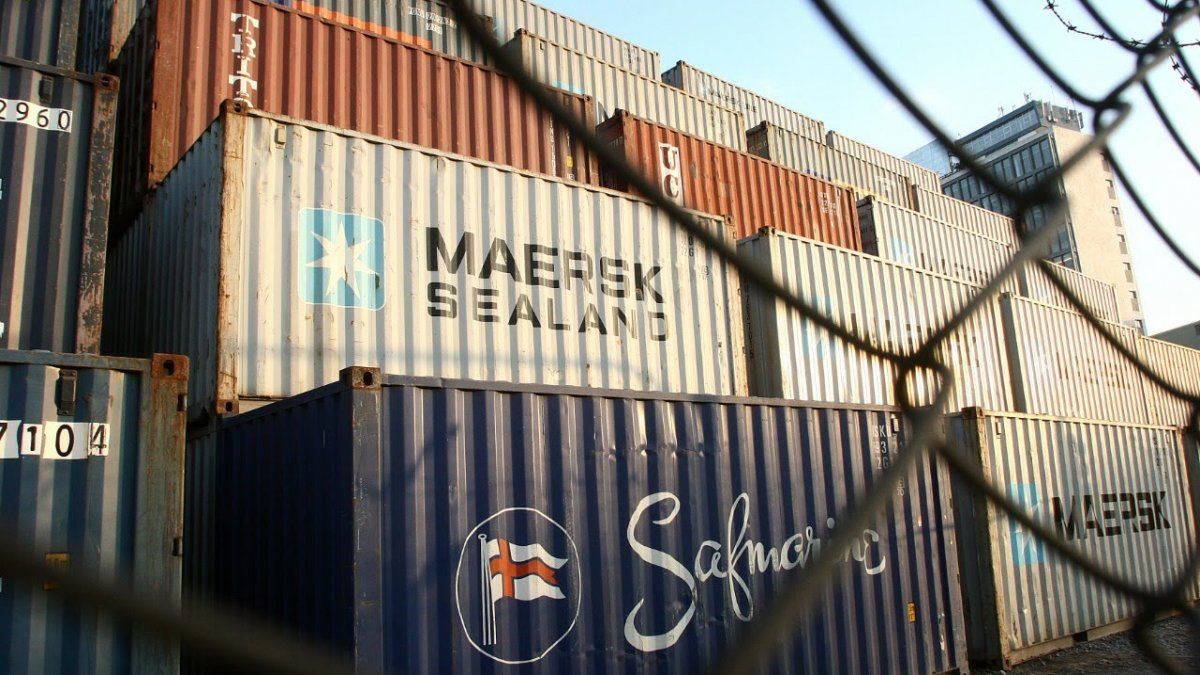The goods contemplated are meats, dairy products, vegetables, fruits, cereals, fats and oils, pastas, sauces, baked goods, canned goods, among other products imported by MSMEs.
The Federal Public Revenue Administration (AFIP) extended the tax benefits for the import of food and medicines carried out by small and medium-sized companies that have “MiPyME Certificate”. This was established by the General Resolution 5527/2024 published this Wednesday in the Official Gazette.
The content you want to access is exclusive for subscribers.
As detailed in the resolution, the agency extended until December 31, 2024 the suspension of the collection of VAT and Income Tax. The justification is that this benefit is extended with the aim of “reducing the inflation“.


The merchandise covered includes meat, dairy products, vegetables, fruits, cereals, fats and oils, pasta, sauces, baked goods, canned goods, food supplies, beer, non-alcoholic beverages, cotton swabs, deodorants, shaving machines and foams, personal insecticides, toilet soap, disposable diapers, toilet paper, toothpaste, cleaning products and medicines, among others.
The profit perception regime is applicable to the definitive import operations of goods, unless they are exempted, in accordance with the respective legal regulations. For its part, the VAT collection regime will become effective at the time of the definitive importation of movable property taxed by that tax, except those exempted by regulations.
AFIP: what the regulation says for SMEs
The regulation explains in the recital that the measure aims to reduce the tax burden on the import of a basket of basic goods in order to generate a reduction in the prices of said products, as a continuation of the economic policy established by the National Government aimed at reducing inflation.
Another announcement that impacts imports
The Ministry of Industry and Commerce On Tuesday, customs control of the labelling of textile and footwear products entering the country. CWith this measure, which aims to reduce the cost of bureaucracy and facilitate import processes, this control will be carried out ex post, ensuring that compliance with labelling is mandatory.
“Products sold in the country must have a label containing company information and product characteristics. In the case of footwear and textiles, labels contain information on the product and the product itself.and products that are relevant to the consumer, but they do not cover security attributes,” said the secretariat that leads Pablo Lavigne it’s a statement.
Until now, products that entered the country and were sold had to have a label made in their place of origin. If such a label was not available, authorization had to be requested from the Ministry of Industry and Commerce for local relabeling through the Local Market Adaptation (AML) process.
“The measure also prevents arbitrary, bureaucratic and costly processes that, in some cases, significantly delay the availability of the merchandise,” The Government assured and added that in 2023 the procedures represented more than 1,500 files managed by the Secretariat of Industry and Commerce.
Therefore, based on resolutions 156/2024 and 159/2024 published in the Official Gazette, companies must arrange for products to be labeled prior to marketing. Control of this obligation will be monitored ex post by the Undersecretariat for Consumer Protection and Commercial Loyalty, ensuring that products have the mandatory label prior to marketing.
Source: Ambito




